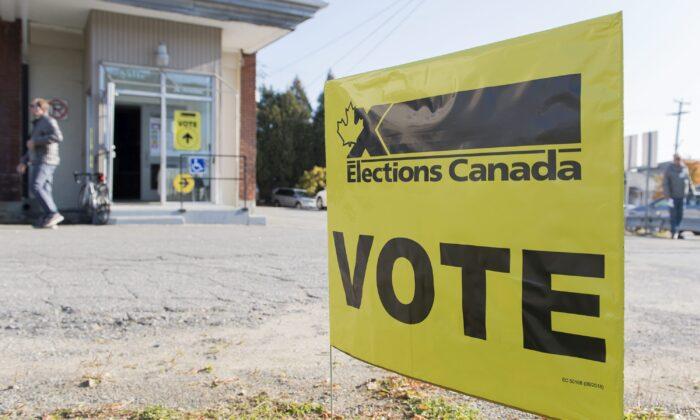As mail-in ballots continue to be counted for the Sept. 20 federal election, here are how some of Canada’s smaller parties have fared as of Sept. 22.
People’s Party of Canada
The PPC didn’t win any seats but garnered a total of 831,423 votes—an increase of its share of the national vote to 5 percent, up from less than 2 percent in 2019. Leader Maxime Bernier was defeated in his riding of Beauce, Quebec, coming in second behind the incumbent Conservative candidate Richard Lehoux. Bernier campaigned largely on upholding personal liberties and fighting for COVID-19 vaccine choice.





